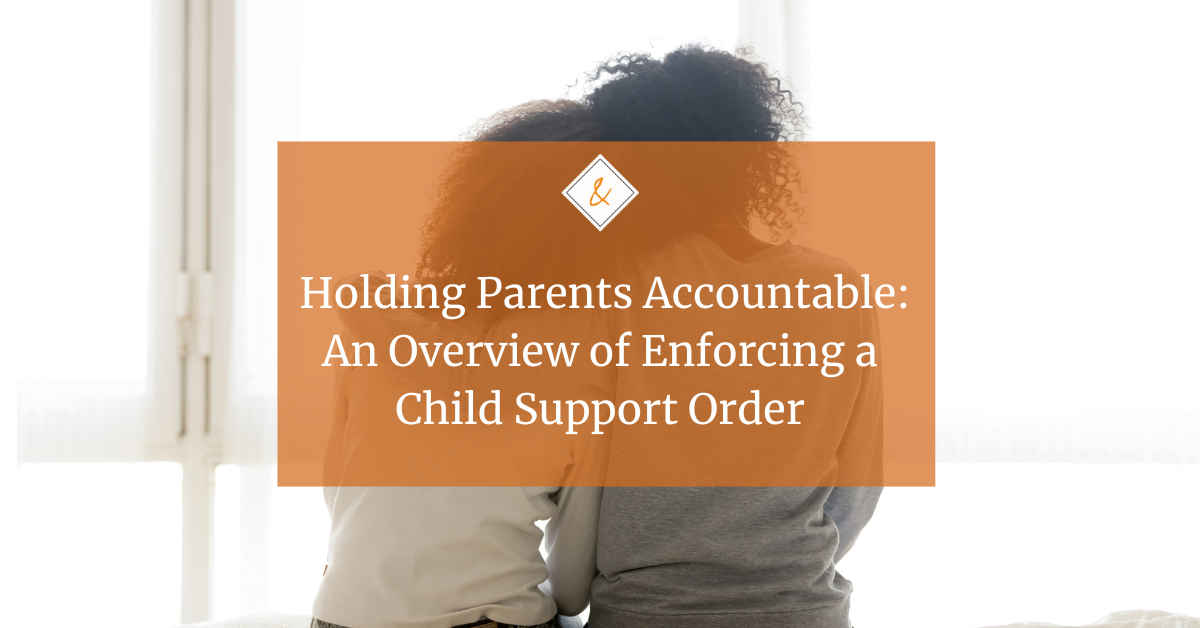In the wake of the Ashley Madison leak and the alleged exposure of the affairs of many spouses who were members of the site, the issues of cheating and other types of marital misconduct are at the forefront of many of our client’s minds. Below is a brief overview as to the impact marital misconduct may have in a family law proceeding.
DIVORCE
In Pennsylvania, marital misconduct has a limited role in divorce proceedings. Pennsylvania has been a “no-fault” divorce state since the Divorce Code was amended in 1980. Prior to 1980, it was only possible to file for divorce in Pennsylvania by using fault grounds. Fault grounds existed when a spouse had committed willful desertion, committed adultery, endangered the life or health of the innocent spouse through cruel treatment, knowingly entered into a bigamous marriage, been sentenced to prison for a term in excess of two (2) years, or offered indignities to the innocent spouse so as to render that spouse’s condition intolerable. Today, you can still file for divorce using the fault grounds; however, the far majority of divorces proceed under the no fault category of “irretrievable breakdown.”
With respect to property division, the Divorce Code explicitly provides that the marital property shall be divided between spouses “without regard to marital misconduct.” However, one of the factors in the Divorce Code that can be considered in the equitable distribution of marital property is “the contribution or dissipation of each party in the acquisition, preservation, depreciation or appreciation of the marital property….” As such, the court will consider misconduct by a party to the extent it negatively impacted the marital estate financially. This is referred to as dissipation. An example of dissipation would be when spouse spends significant marital assets on their paramour (perhaps purchasing jewelry, vacations or paying for a second home). The innocent spouse may then receive compensation for the dissipated funds by adding back those funds to the marital estate prior to division or by being awarded a disproportionate share of the remaining marital estate.
With respect to alimony, one of the statutory factors the court will consider in fashioning an alimony award is the “the marital misconduct of either of the parties during the marriage….” However, “the marital misconduct of either party from the date of final separation shall not be considered by the court in its determinations relative to alimony; except the court shall consider the abuse of one party by the other party….” Although marital misconduct is a specific factor to be considered by the court as set forth in the Divorce Code, it is only one (1) of seventeen (17) factors and in practice has little bearing on the alimony ultimately awarded by the court. Typically, the more relevant factors for the court include the parties’ earnings, the parties’ health, the duration of the marriage, the assets and liabilities of each party and each party’s needs. To pursue a spouse’s marital misconduct the burden of proof of such misconduct rests with the party raising the claim. Evidence such as text messages, e-mails, photographs, private investigator reports, phone records, receipts and videos are helpful in proving misconduct. A claim for misconduct may be offset by the claimant’s misconduct.
INTERIM SUPPORT FOR A SPOUSE
While many people use the terms spousal support and alimony pendente lite interchangeably, they are distinct concepts. Spousal support refers to support paid to a dependent spouse while no divorce proceedings are pending. Alimony pendente lite is temporary support paid to a dependent spouse after a divorce complaint is filed and during the divorce litigation. The biggest difference between these two (2) concepts is that a person owing support may raise an “entitlement defense” to an the recipient spouse’s request for spousal support – this defense is not available in an alimony pendente lite case. The “entitlement defense” is simply the argument that an obligee spouse should not receive spousal support because of marital misconduct which would constitute a basis for a fault based divorce (as outlined above). The most commonly asserted “entitlement defense” is when the obligee spouse is cheating. It is important to note that it is only misconduct which has occurred prior to separation which can be the basis of an “entitlement defense”.
CUSTODY
In custody, marital misconduct is not a specific factor in custody determinations. The court in custody matters looks only to the best interests of the child as determined by balancing fifteen (15) factors as well as “any other relevant factor.” While a parent’s misconduct may be implicated by some of the enumerated factors, any misconduct by a parent is only relevant to custody proceedings when it has an impact on the best interests of the child. For example, if a spouse has moved in with a paramour that is dangerous to the child in some way (perhaps the paramour has a violent criminal history, drug or alcohol issues or a child abuse history) that could have an impact on a custody determination.
CHILD SUPPORT
In child support matters, marital misconduct is not a factor in child support determinations.
CONCLUSION
If you believe your spouse is having an affair or is otherwise engaged in marital misconduct, or you are having an affair or otherwise engaging in marital misconduct, you should contact an experienced family law attorney to understand the implications this may have on your divorce or other family law proceedings.



